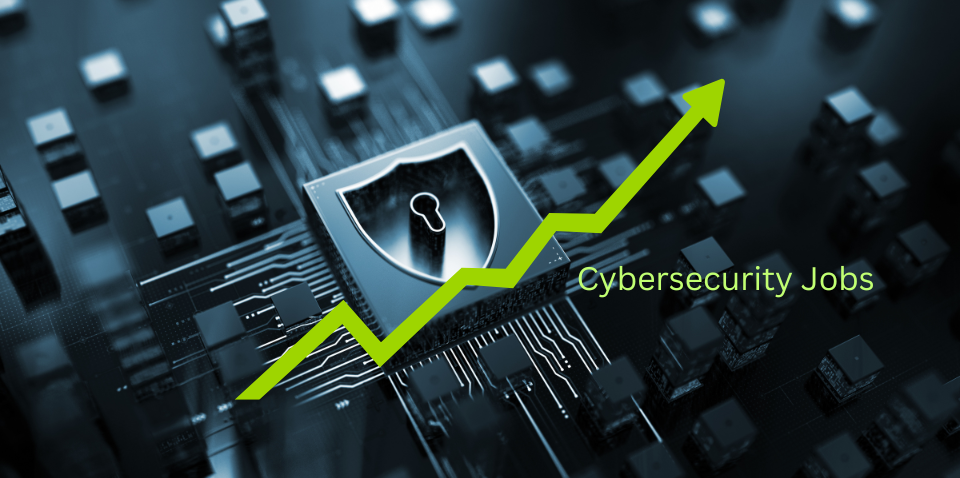
The recently-released 2025 Job Skills Report by Coursera offers a clear preview of the key skills and learnings that are essential for students, job seekers, and individuals considering a career change. While Gen AI stands out as the “fastest growing skill” with course enrollments at an unprecedented high (866% surge year-on-year), cybersecurity isn’t far off. I’d say this isn’t really a big surprise considering that where technology and digitalization are, cyber threats are never far behind.
Looking at the numbers, there’s every reason to see why cybersecurity skills are crucial for today’s workforce:
- Nearly 5 million cybersecurity jobs remain unfilled worldwide;
- Cyberattacks surged by 75% in Q3 of 2024 alone;
- Cybersecurity skills like incident management & response and threat management & modeling are taking the lead as the fastest growing tech skills;
- Cybercrime costs are projected to reach US$ 10.5 trillion by 2025.
Even as you read this blog post, organizations across the globe are scrambling to find people with the right skillset to help secure their systems and protect their sensitive data. If you’re serious about starting out (or starting anew) in a career that’s both resilient and impactful, there’s no better time to explore the path towards cybersecurity.
Now more than just the growing demand for cybersecurity and risk management skills, another appealing aspect of a career in cybersecurity is its accessibility. Many other professions demand formal degrees or years of prior experience, and this is where cybersecurity offers a distinct advantage: there are multiple ways to break into the field. And yes, you can get into cybersecurity without a degree or experience.
For instance, self-learning platforms like Coursera, Udemy, TryHackMe, and Hack The Box offer beginner-friendly courses and hands-on labs to help you build foundational skills at your own pace. Certifications like the CompTIA Security+ or Google Cybersecurity Professional Certificate are another great starting point. Once you’ve self-learned some skills, these certifications validate your knowledge and make you stand out to potential employers.
Not ready for a cybersecurity role right off the bat? Then take advantage of entry-level IT roles like tech support or help desk positions to gain exposure to real-world cybersecurity operations. These roles often provide on-the-job learning opportunities and can serve as a stepping stone into more specialized cybersecurity positions.
What’s even better is that transferable skills like problem-solving, analytical thinking, attention to detail, and communication can be just as valuable as technical know-how. These are soft skills that you may have gained from other fields like finance, education, or customer service, and which can be effectively leveraged to transition into a cybersecurity career.
Lastly, let’s talk about the value you can bring to people’s lives as a cybersecurity professional. Because at the end of the day, your job isn’t just about securing businesses; it’s also about making a tangible impact. Every breach prevented or system secured protects real people—their data, identities, and livelihoods. A security role offers a unique combination of challenge, purpose, and job security in a digital world constantly at risk for malicious threats.
Now’s the time to act on your goals of transitioning into cybersecurity. Make small but purposeful steps: take an online cybersecurity course, explore cybersecurity certifications, or attend cybersecurity events. With the right skills, you can be a part of building a safer digital environment for all of us.